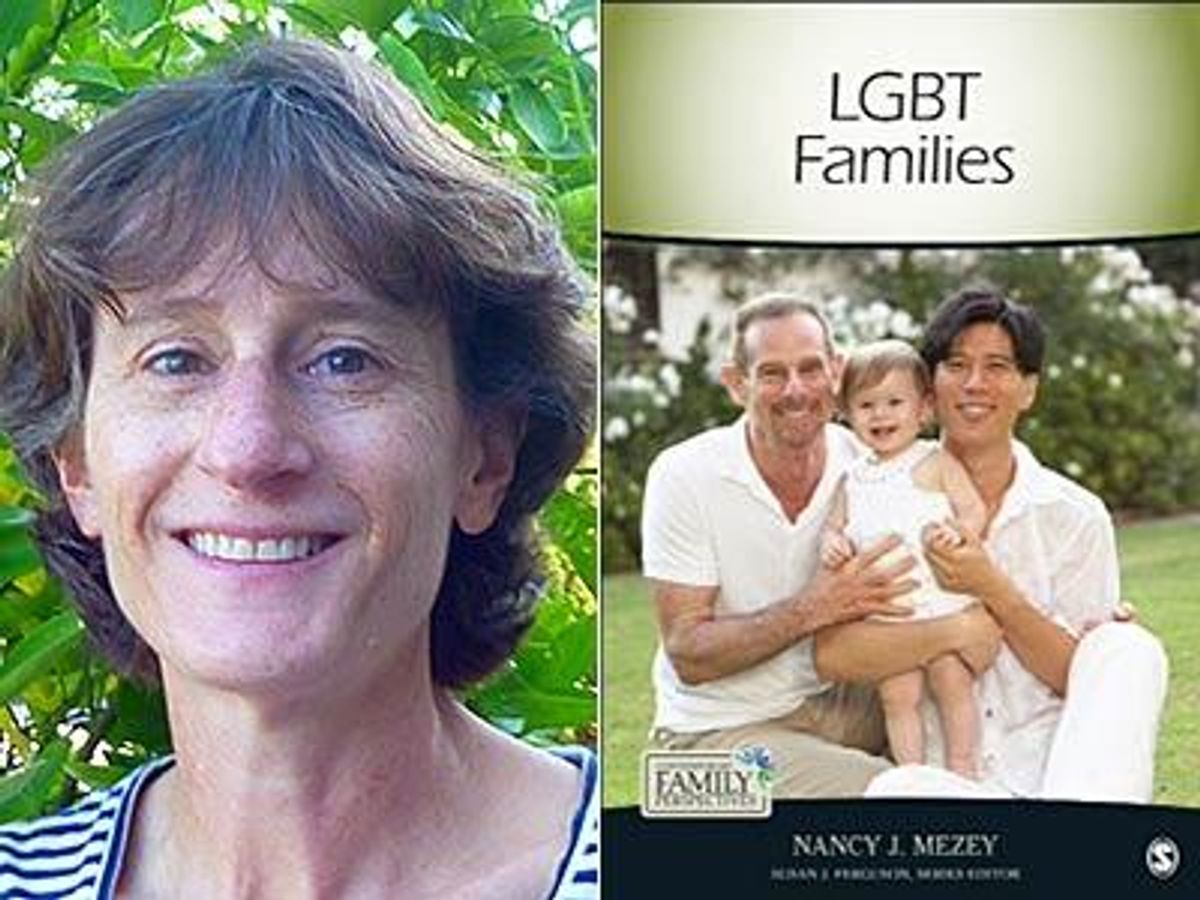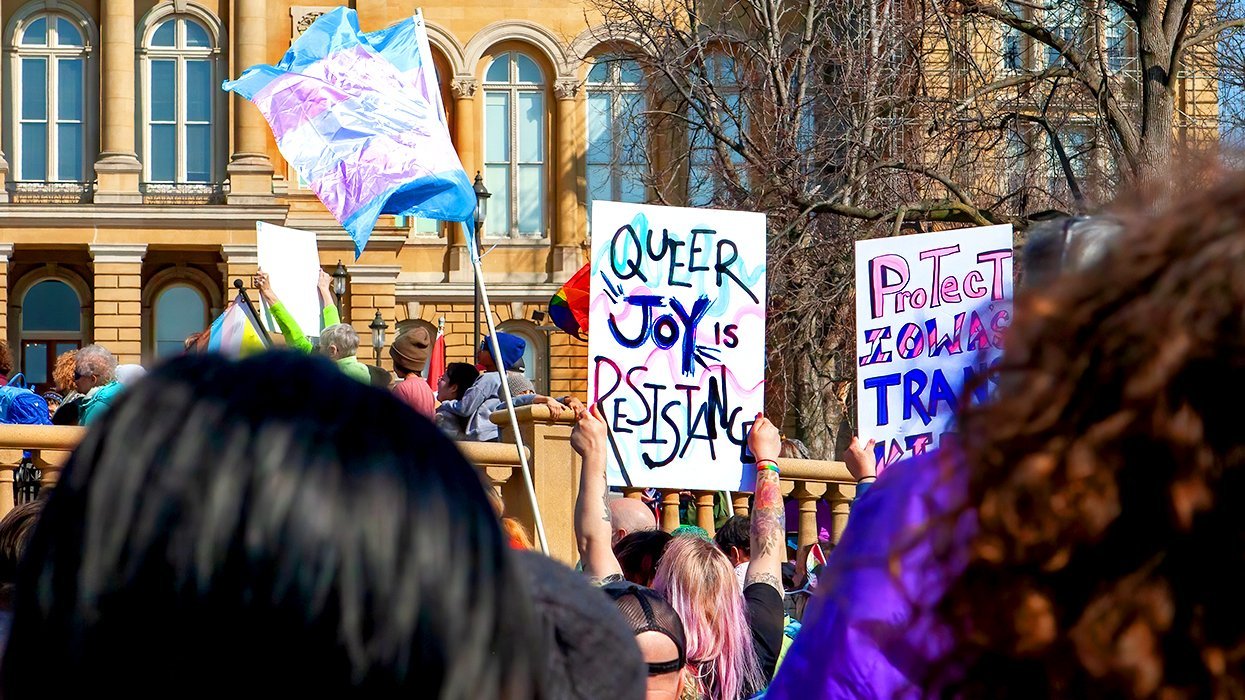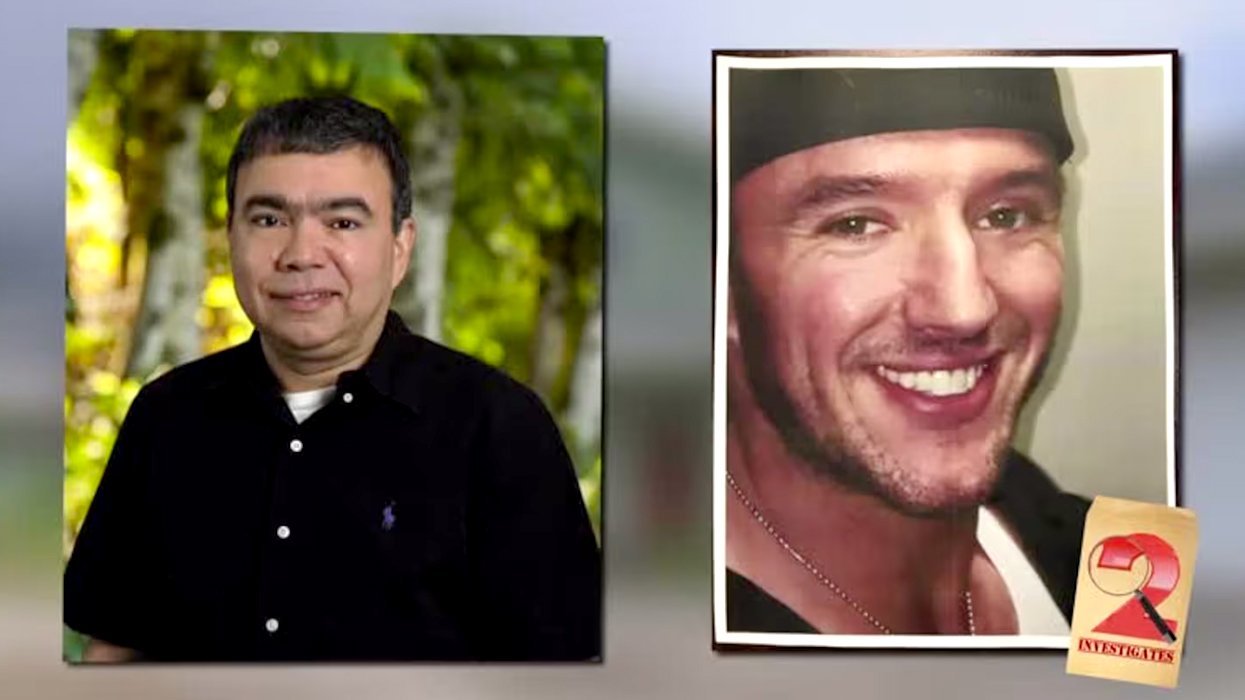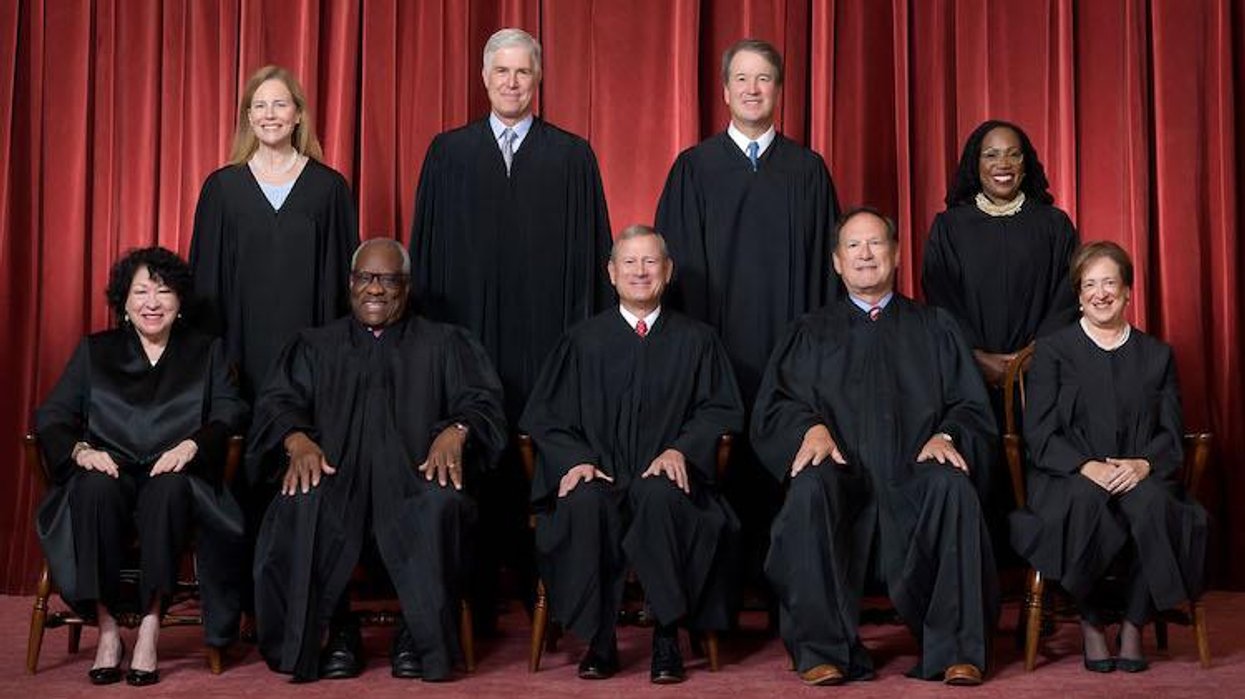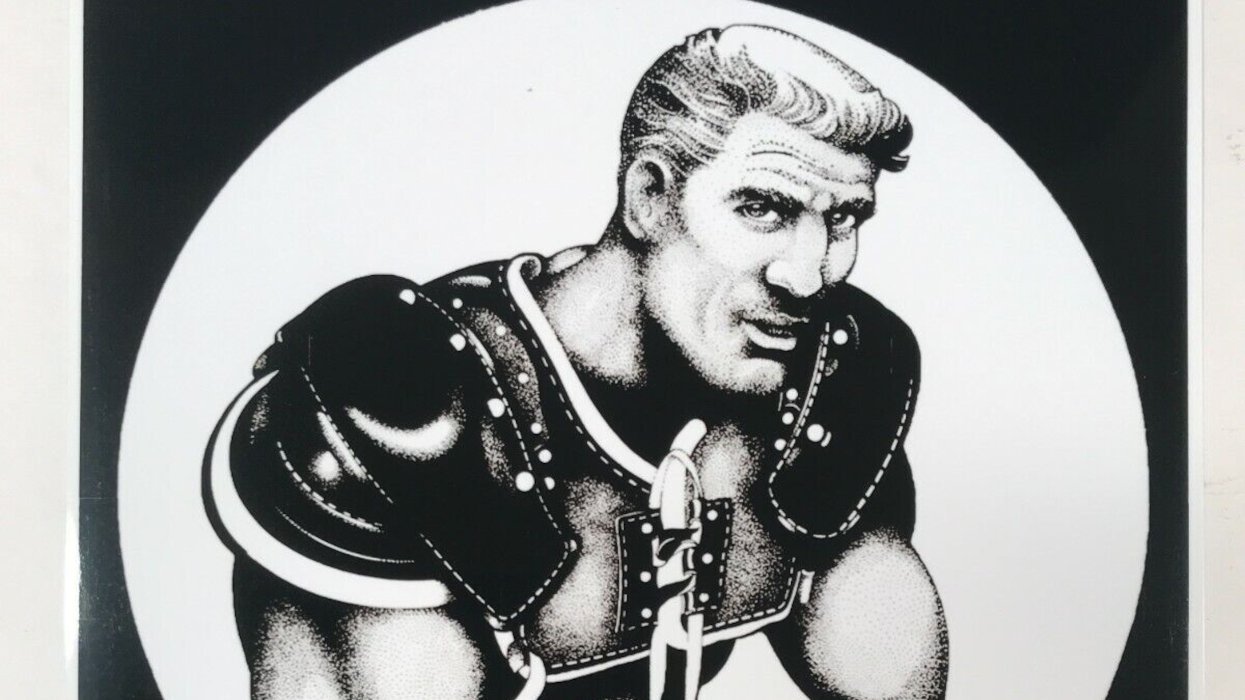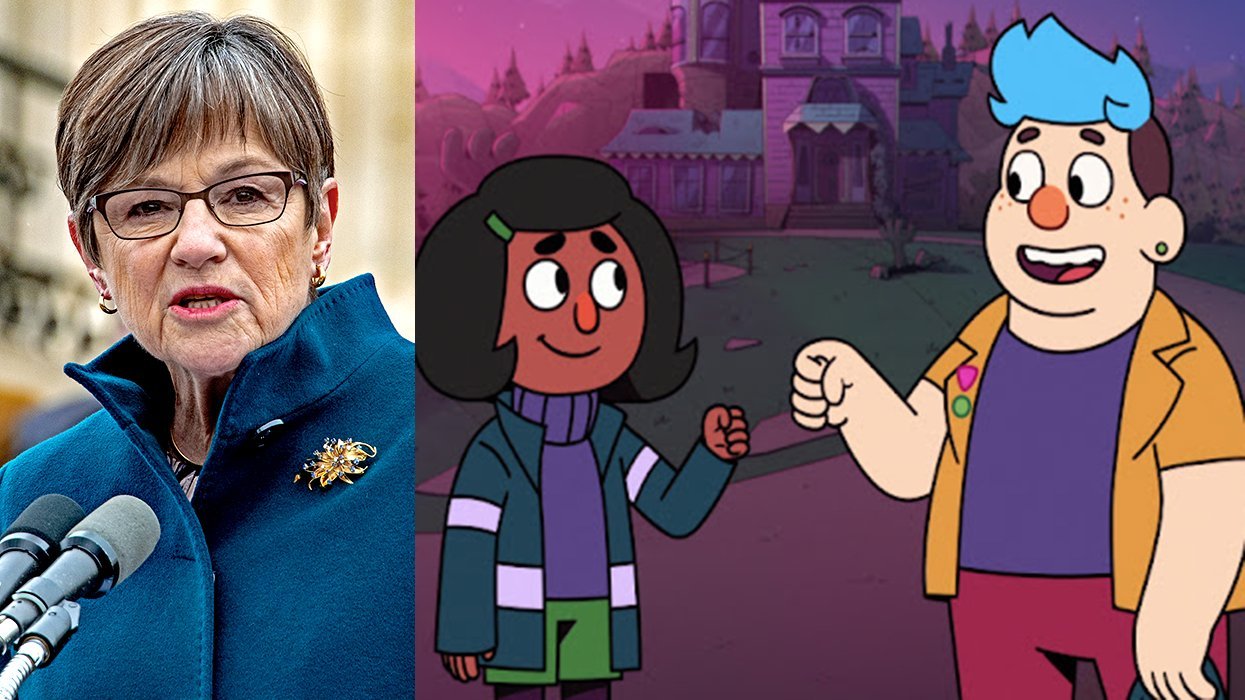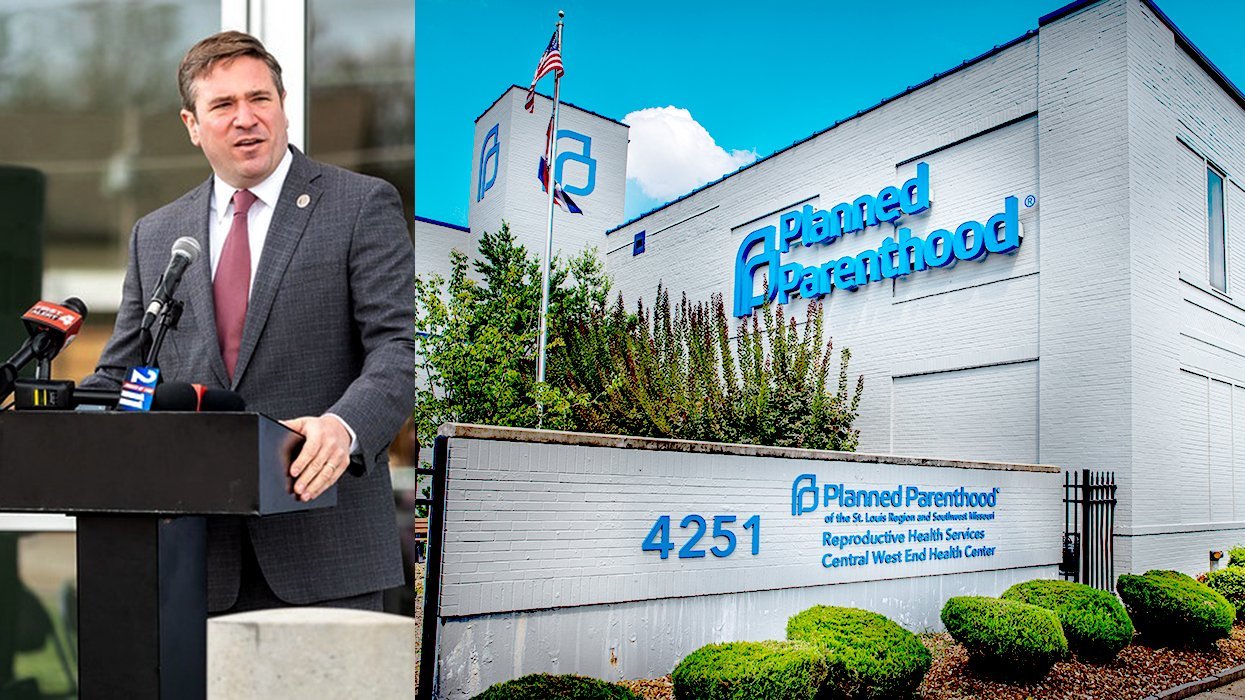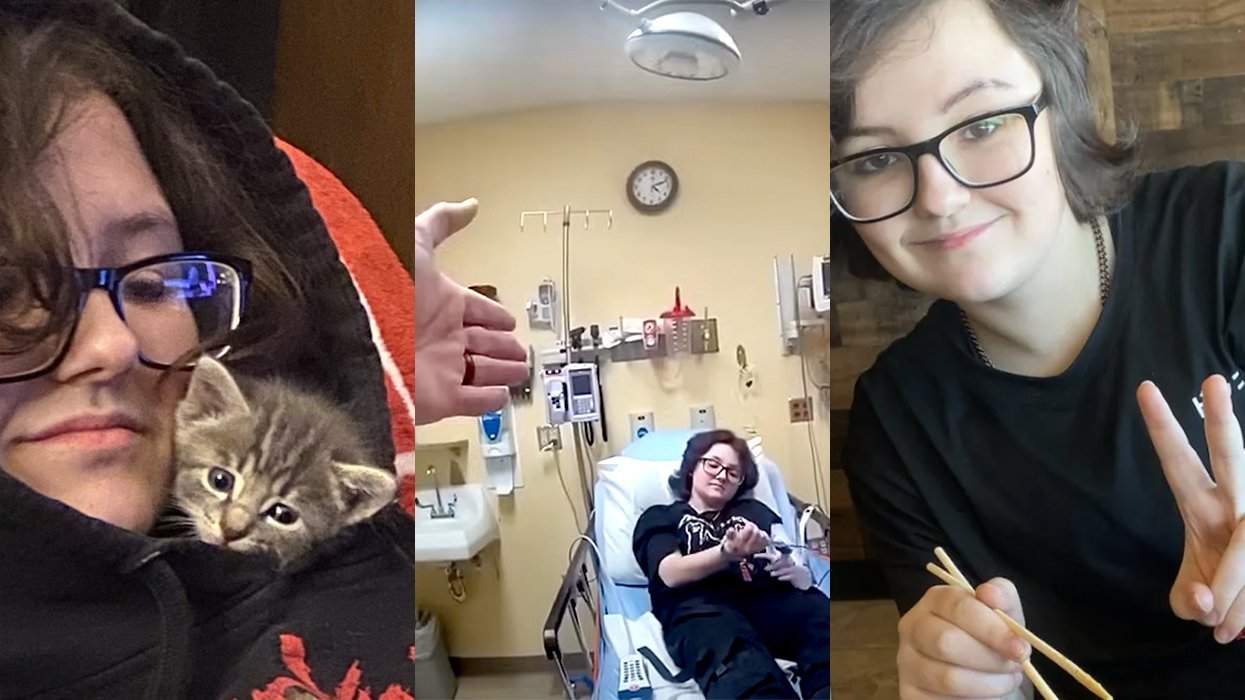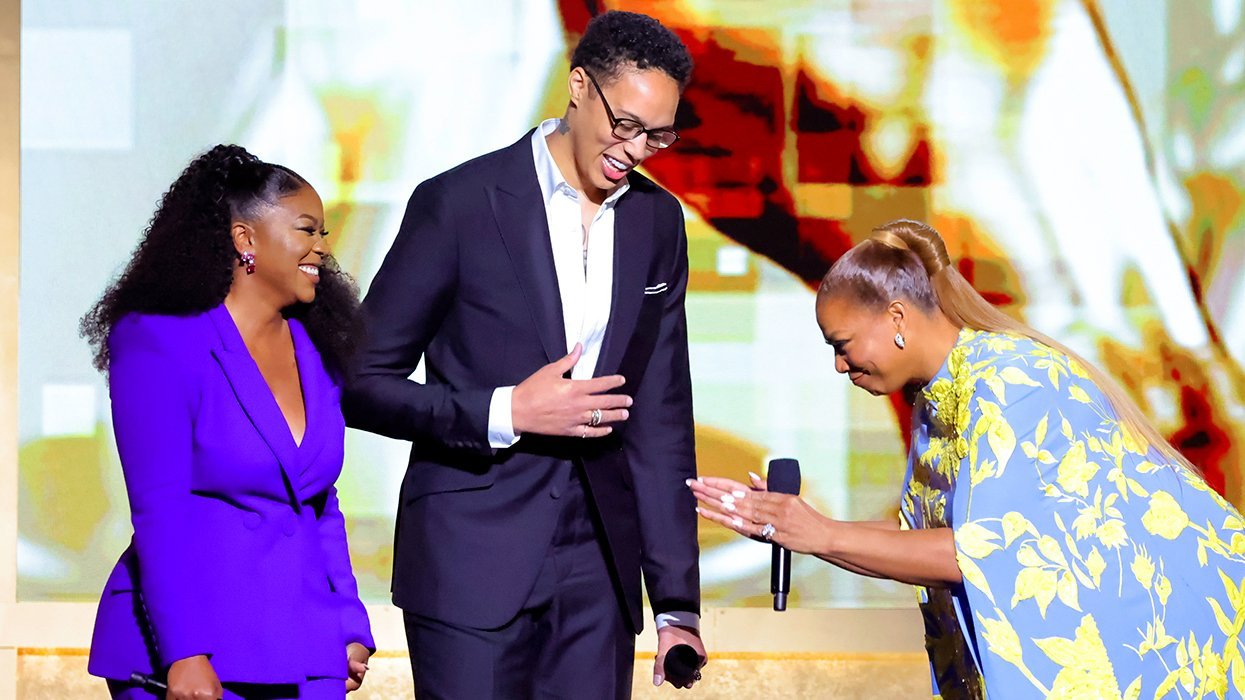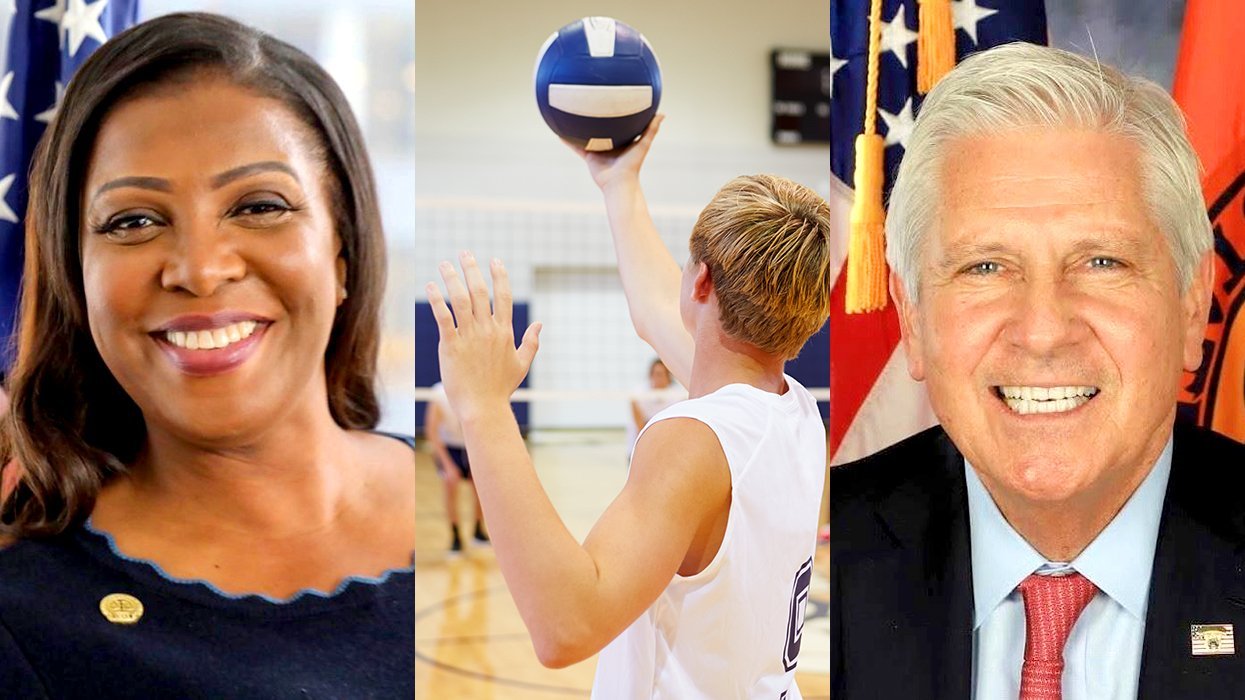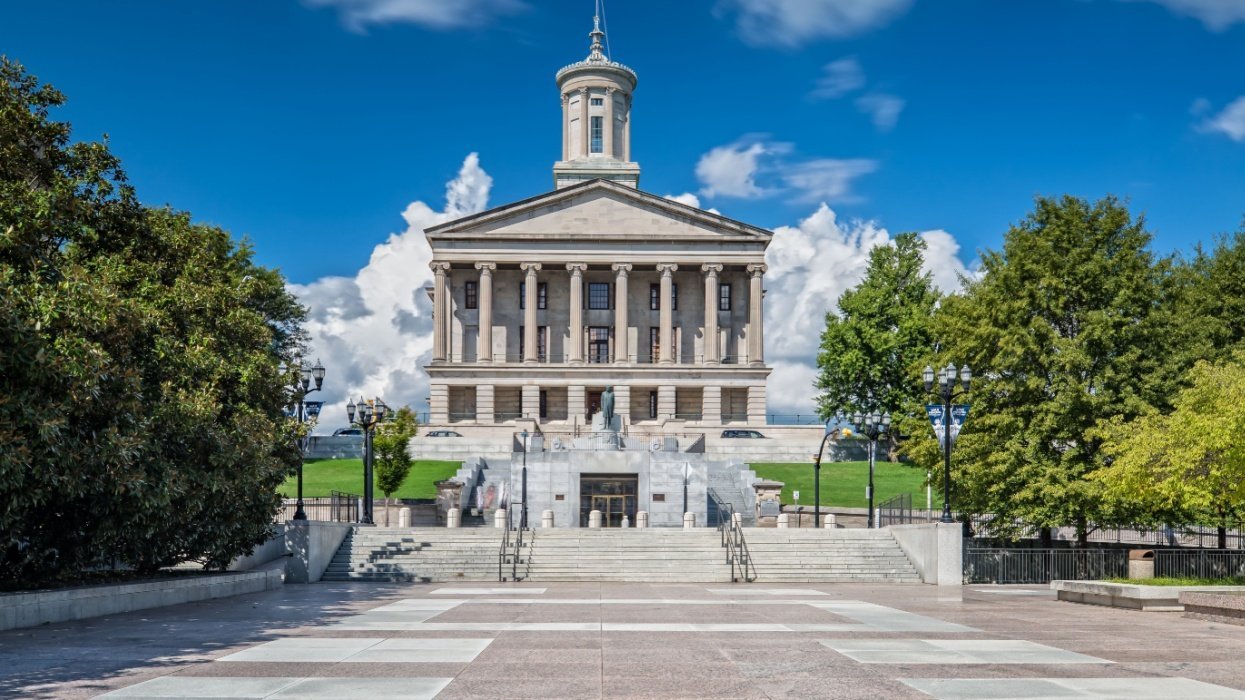I never wanted to get married. Even as a child, I visualized my adult self as having children, but not being married. Approaching my mid-20s during the early 1990s and coming out as a lesbian, I realized why I didn't want to marry: I just couldn't see myself living my life with a husband. As a burgeoning feminist sociologist in a doctoral program, I studied the long and oppressive history of marriage, a conservative institution founded on the premise that women were men's property. That sealed the deal for me: I saw no reason to get married.
I did, however, fall in love, commit myself to my life partner, purchase a home with her, and most significantly we're raising two children together. All the things that marriage signifies -- love, commitment, children, family -- I could achieve without any government-issued license.
Over the years, however, I found that the lure of marriage is strong, particularly as it affords 1,138 federal economic and legal benefits that no other single institution provides. With two children who we adopted together through a legal loophole 15 years earlier, and with a trail of documents that loosely bound us legally together, marriage was by far the simplest, cleanest, and most guaranteed way of securing our family status. And so when the U.S. Supreme Court freed the federal government of the Defense of Marriage Act, and our home state of New Jersey legalized marriage between same-sex people, we decided to wed. We entered into marriage on a cold and snowy January day with our families bearing witness. Six months later, we combined our honeymoon and 20th anniversary celebration with a trip to Europe.
Having the support and protection of our government was a powerful statement. "Let others tell me that my relationship is immoral or unworthy," I thought on my wedding day, "but let them now take it up with my government."
The contradiction of marriage -- being both an oppressive and liberating social institution-- symbolizes in many ways the rocky social terrain on which LGBT families are forming today. LGBT people are creating families in a society that simultaneously demonizes and embraces them. With a desire to understand and perhaps deconstruct this rocky terrain, I decided to write LGBT Families, a comprehensive overview based on solid research so that readers can form their own opinions. But as I write in the introduction, my analysis takes a certain perspective:
"Studying and writing about LGBT families is certainly not a neutral endeavor. And while I try to be as objective as possible in my presentation of the research, the main purpose of this book is to highlight four main points:1. LGBT families, like all families, are socially constructed. This means that how we define family, the experiences that people have within families, and the privileges bestowed upon or denied to certain families are based on historical, economic, social, cultural, and political factors, not on biological mandates.
2. Nearly every problem that LGBT people around the world face as LGBT people -- including those in the United States -- are due to heterosexism, homophobia, and dominant gender norms that define masculinity and femininity in ways that leave little if any room for variation. In other words, the problems LGBT families and people face are caused by factors external to themselves. However, people around the world are quick to blame LGBT people for problems that are caused by other factors.
3. People's fears of LGBT people, as strong as those fears may be, are unfounded. Such fears are based on beliefs, not on facts. The facts show that LGBT families do not harm society; indeed LGBT families benefit society in a variety of ways.
4. A change in policies, coupled with the continuing change of hearts and minds, will lead to equality for LGBT people and eliminate many of the problems facing LGBT people and their families today."
Despite my own personal and intellectual journey with marriage, the chapters that I find even more compelling--and heartbreaking--than the marriage chapter are those on LGBT youth (Chapter 4) and intimate partner violence (Chapter 5) as evidenced in the recap of Chapter 4:
The research presents "a picture of what happens to LGBT youth when they lack social, psychological, and physical support from their families, peers, teachers, physicians, mental health professionals, and social workers. LGBT youth face not only increased incidences of verbal, physical, sexual, and emotional abuse, but also they are more likely to become depressed, drop out of school, lose academic ambition, run away, abuse drugs and alcohol, and engage in risky sexual behavior. Furthermore, studies show that conversion therapy often causes more damage than good, and generally does not work (Skougard, 2011). In other words, all evidence points to the fact that external factors, not the youth themselves, cause the increased problems LGBT youth experience."
And just as marriage equality legitimizes my own personal relationship and the relationships of thousands of other LGBT people, I hope that the evidence I provide in my book helps to legitimize and support LGBT families in general -- the book's closing paragraph follows:
"By understanding the research and data, and simply by interacting with a variety of LGBT people and seeing how they organize and run their families, people can begin to think critically about issues and base their opinions on real evidence and knowledge. I hope this book provides such evidence and knowledge, so people can begin to understand the lives and experiences of LGBT people, the value of LGBT families, and the laws, policies, and practices that often make the lives of LGBT families so very difficult. By changing laws, policies, and practices, we have the power to help LGBT people and their families live with the dignity, respect, and rights they deserve. Once we truly support LGBT families, we create a better quality of relationships within families. Rather than focusing on the structure of families, we should focus on the quality of relationships within those families. By doing so, we will find that families with quality relationships contribute to society in ways that help reduce social problems and strengthen the larger family landscape."
I truly hope that LGBT people and their heterosexual allies gain some strength from this book. I also hope that this book will help eradicate any fears heterosexual people may have about LGBT families. This book stands in solidarity with all diverse family forms - families that developed out of particular social and economic contexts, and that contribute to the society around them, despite the hardships that some in society may level at them.
NANCY MEZEY, Ph.D., is a sociology professor and associate dean at Monmouth University. Her new book, LGBT Families, was released by SAGE Publications in July.
